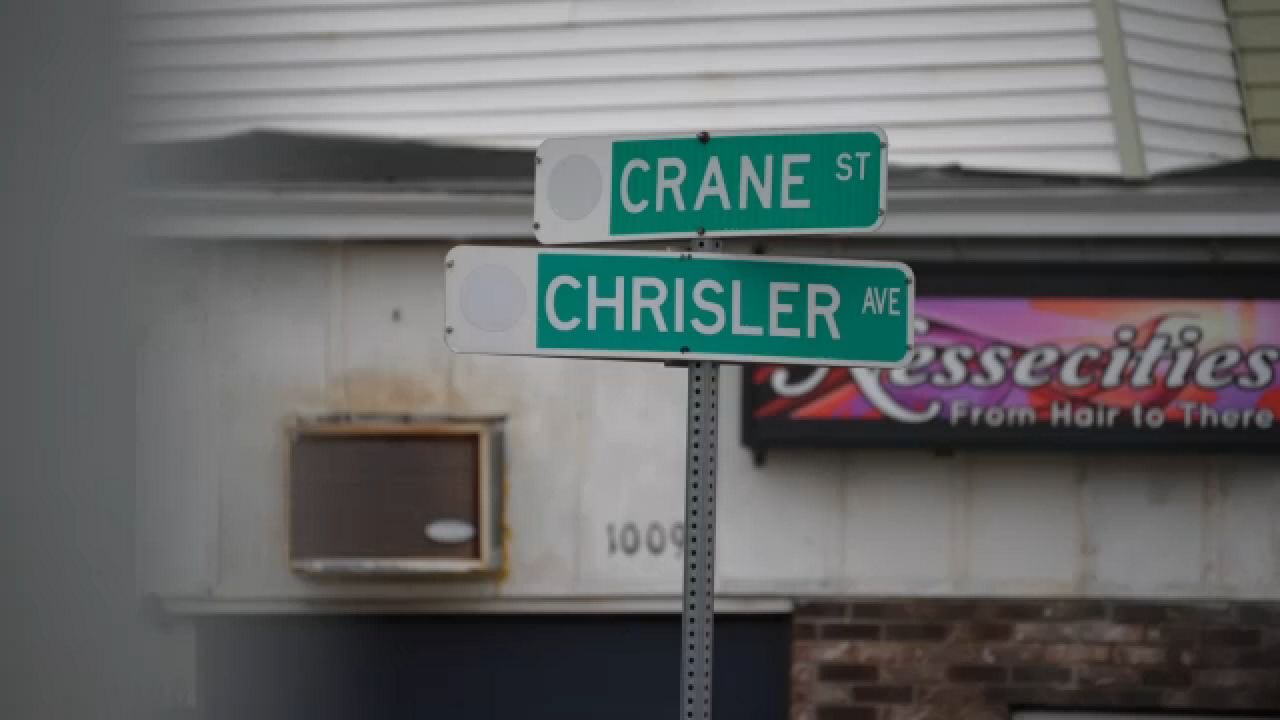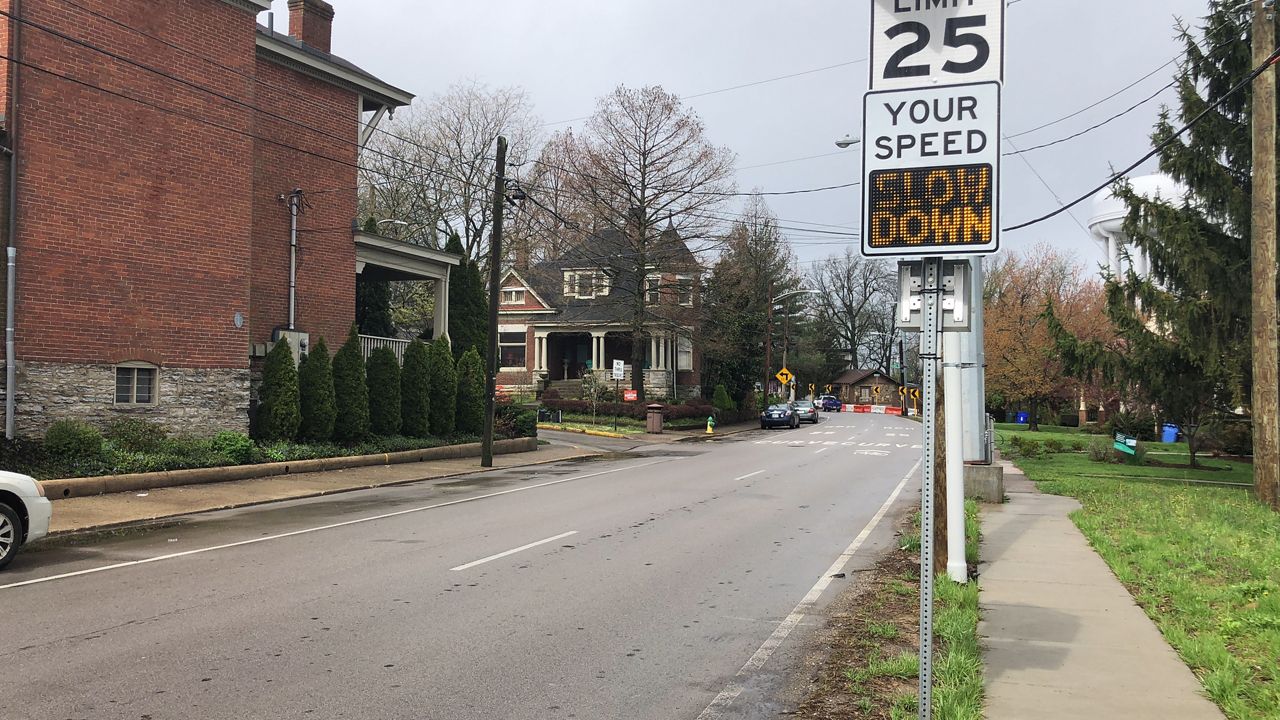SCHENECTADY, N.Y. — Despite gaming revenues that are much lower than expected, Mayor Gary McCarthy on Friday praised the city's new casino — and the $2.27 million it will likely contribute to city coffers next year.
The comments came after McCarthy's 2018 budget presentation. The second-term Democrat is proposing a $85.2 million city spending plan, which includes state-mandated revenue sharing from Rivers Casino, which opened on Erie Boulevard in February.
In its original application to New York State, Rivers Casino had promised to share revenue with the city in the neighborhood of $4 million, but its first-year returns have indicated a more modest earnings schedule over the past seven months.
"Those were the most rosy projections," McCarthy said of the original $4 million projections. "But those were assumptions, which were well-meaning. Now we're dealing with reality."
Even low-end estimates had placed the casino's revenue-sharing with the city around $2.75 million. The actual number budgeted by McCarthy is almost $500,000 below even that. Still, the mayor praised the casino's role in revitalizing Schenectady's downtown and riverfront neighborhoods.
"The venue is very successful; it's hired over 1,000 people," he said. "You're seeing the projections for foot traffic between 2.4 and 2.6 million people a year ... [city] taxpayers are benefiting from the economic development that's going on."
McCarthy's budget itself raises the city tax levy by 3 percent, but still manages a 1 percent tax cut. McCarthy points out that the last three years of tax cuts in Schenectady have amounted to 6.3 percent.
Independent city councilman Vince Riggi called the taxes "still too high."
"We are still around 120 percent equalization rate, and that means all the houses in Schenectady are basically assessed at 20 percent more [value] than they should be," Riggi said. "We need a city-wide reassessment to make it fair for everyone ... people are really paying more than their fair share."
The mayor's budget now goes to the city council for review and negotiation during the autumn months. It must be passed before the start of calendar year 2018.











